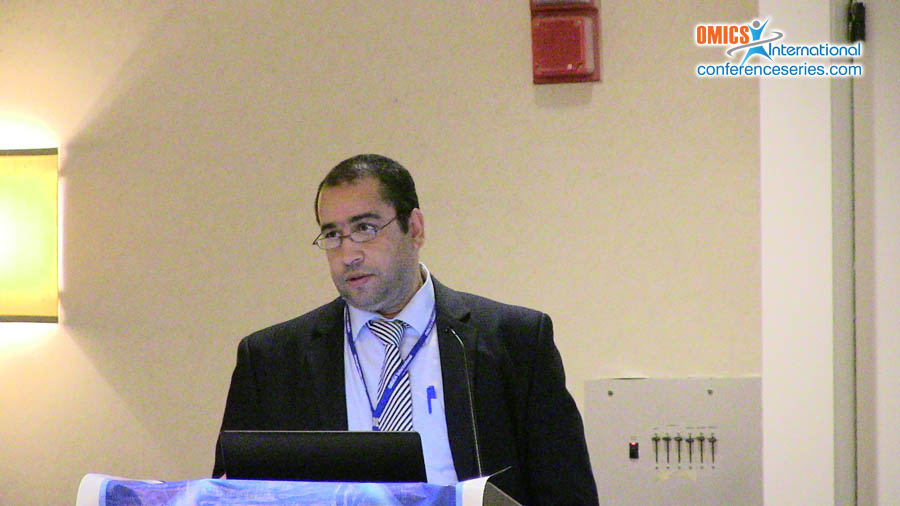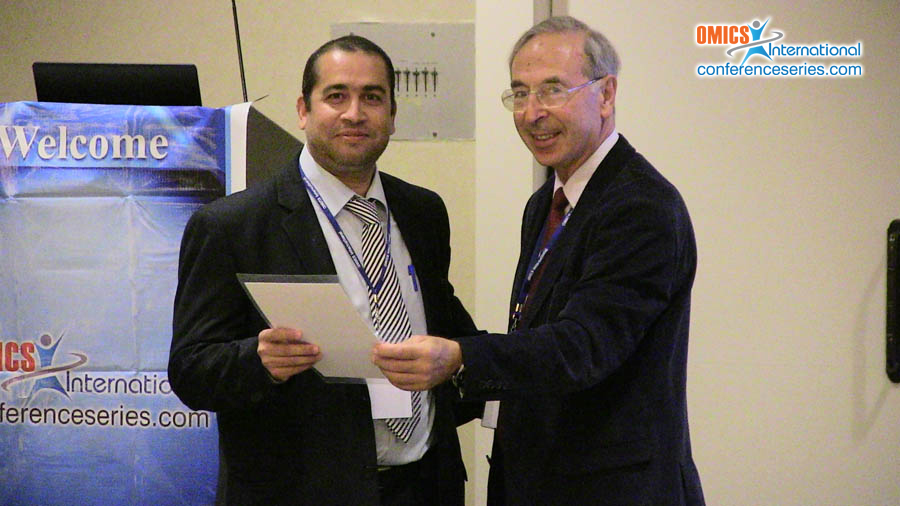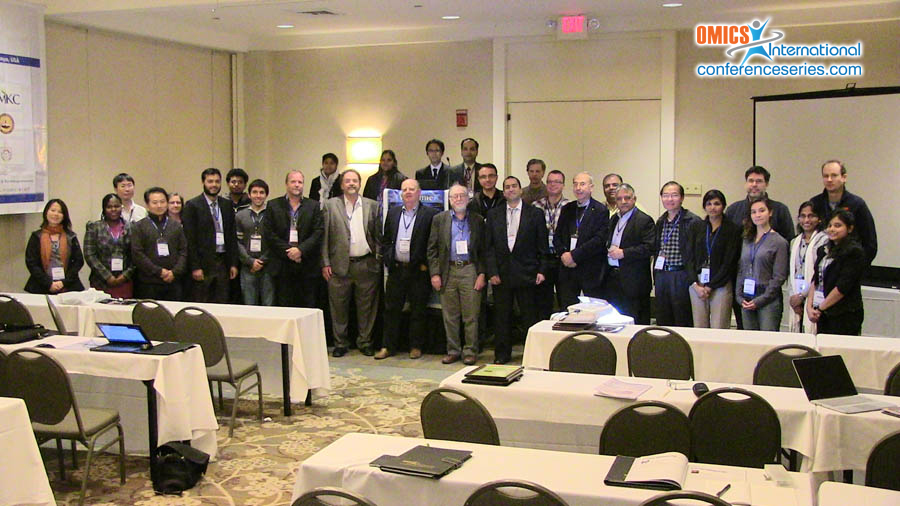
Gamal E. H. Osman
Umm Al-Qura University, Saudi Arabia
Title: Gene Isolation, cloning, nucleotide sequencing and overexpression of anticancer protein from local bacterial isolates
Biography
Biography: Gamal E. H. Osman
Abstract
A total of 407 samples from western region of Saudi Arabia were collected. These samples were collected from both soil samples and dead larvae of Spodoptera littoralis (Lepidoptera) and they were examined for the presence of Bacillus thuringiensis. The bacterium was isolated by acetate-selective enrichment medium and plating. Identification of isolates performed by microscopic examination and analysis of 16S rRNA genes by DNA sequencing for PCR products. The confirmed Bacillus thuringiensis isolates are 22 in total were recovered from 4.6% of soil samples and from 6.6% of dead larvae. Although Bacillus thuringiensis was not found to be abundant in soil habitats in Makkah Province, the results suggest that the bacterium is part of the indigenous microflora of the area we have explored. The 88 kDa parasporin protein was secreted by Bacillus thuringiensis during the stationary phase of growth. Isolated strains were screened for the presence of parasporin genes by Polymerase Chain Reaction (PCR) amplification with only four strains producing the desired bands of parasporin1. The amplified fragments were cloned in pGEM-vector, sequenced and analyzed. The nucleotide sequences of parasporin were given Gene-bank accession numbers: KJ576792 and showed 99% identity with the previously isolated genes in neucleotide level while it was 98% identity in amino acid level. The full length gene was sub-cloned into pET-30a expression vector and overexpressed in E. coli under the control of the inducible T7 promoter. The heterologously produced of parasporin protein (# 30% of total protein) was found in both soluble and insoluble forms. Expressed protein was been purified.



